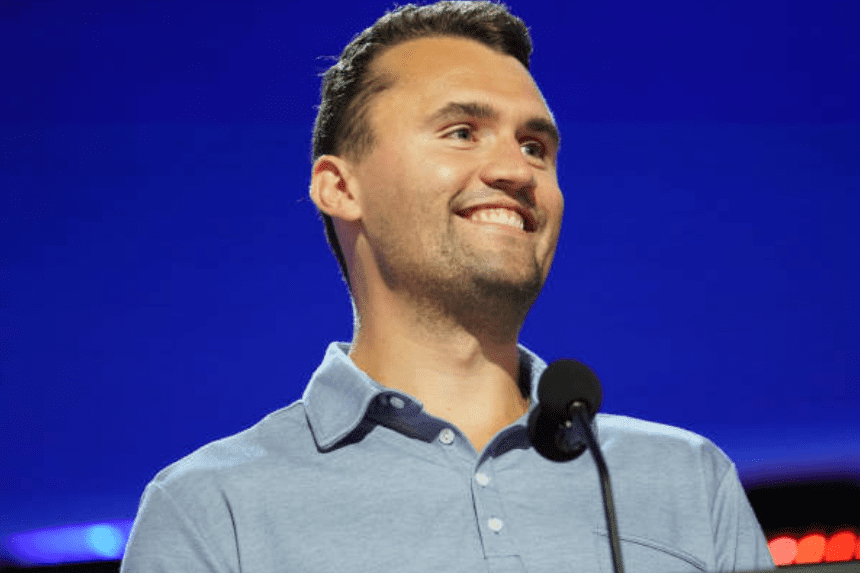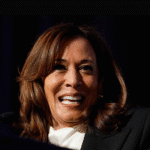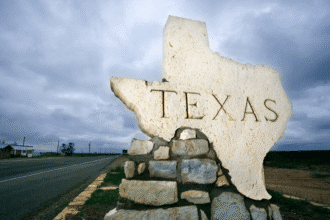Charlie Cancer, a famous conservative activist and close aide of former President Donald Trump, was shot badly during a public speaking program at the University of Utah Valley. The 31-year-old was addressing a large crowd in the courtyard of an outer campus when a single gunshot came out, hitting him in the neck.
Eyewitnesses scattered in anarchy as a crowd. Kirk was quickly rushed to the hospital by a private vehicle, but was later declared dead. Officials confirmed that no other person in the incident was physically damaged. Kirk’s wife and children were present, but remained unhealthy.
The incident has promoted a fresh national debate on political violence, especially under the leadership of a highly polarized election cycle.
What happened at the Utah campus?
The shooting took place during a public question-and-answer session, where Kirk was answering a question about gun control. Officials believe that the shot was removed from the roof of a nearby university building. A campus lockdown was immediately ordered, and a manhunt began. While two persons were briefly detained for questioning, they were released after approval for participation.
Investigators are reviewing the campus surveillance footage and gathering additional evidence. Depending on the initial details, the shooter is believed to be wearing deep clothes and could work alone. Here is the link to our article on Power Struggle Politics.
Who was Charlie Kirk?
Charlie Kirk grew prominently as a political commentator and the founder of a student-based orthodox organization. At the age of only 18, he launched his movement to influence political discourses in American college complexes. Over time, he became an important voice for conservative youth and a staunch lawyer for gun rights, traditional values , and limited government.
Known for his “debate me” style events, Kirk often visited the complexes to engage in political dialogues. He was also criticized by others for embracing controversial rhetoric, praised by his supporters for promoting free speech. Their influence on young voter mobilization was important, especially in support of the Trump-favoring policies.
How are leaders responding to his death?
Political leaders from both sides expressed shock and sadness after Kirk’s murder. The sitting US President issued a statement, which mourned Kirk’s death to the nation and ordered a flag to be flown at half mast. Former presidents, cabinet officials, and international leaders offered condolences and condemned the work of violence.
Many people emphasized the immediate need to protect democratic dialogues and ensure the safety of public data in the political spectrum. Here is the link to our article on Australian Politics Shaken.
Is political violence on the rise?
The recent figures show a sharp growth in politically inspired attacks within American experts monitoring domestic extremism, with the first half of the year having already seen the number of such incidents almost double.
Kirk’s death is included in the increasing list of violent incidents targeting political figures. These include attempts to murder, arson, and attacks on the homes of officials. Analysts have warned that without immediate intervention, political violence can pose a constant threat to national stability.
What happens next?
Investigation is on. Law enforcement officers are working to identify the shooter, confirm the purpose, and secure any remaining dangers. The university’s security has increased, and public authorities have called for unity and calm.
As the tribute is dumped, Kirk’s legacy is also being seen again. Proponents highlight their role in activating young conservatives, while critics reflect on their polarization effects. Despite the political attitude, many agree that such violence has no place in a democratic society.
Final Thoughts
Charlie Kirk’s tragic death underlines the increasing threat of political violence in the United States. As the division is deep and political discourse is more confrontational, public safety is at risk. Kirk’s murder is not just a personal tragedy – it is a national alarm bell.
Moving forward, addressing political violence should become a bilateral priority. To ensure that political disagreement is not fatal to preserving both freedom and security in the US.








